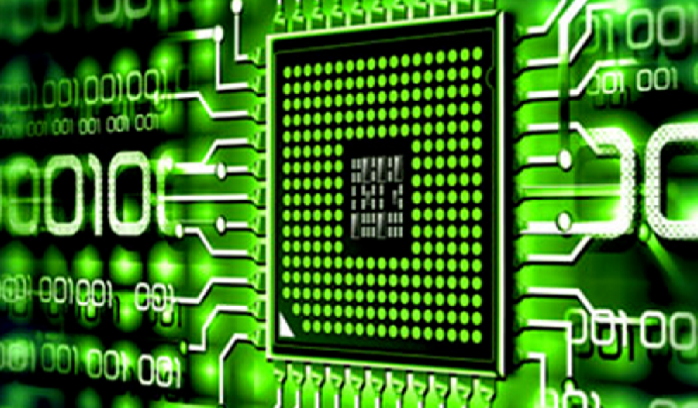- Teacher: Vijay Jumb
- Teacher: Sushama Khanvilkar
The computer lies at the heart of computing. Without it most of
the computing disciplines today would be a branch of theoretical mathematics. A professional in any field of computing should
not regard the computer as just a black box that executes programs by magic. All students of computing should acquire some
understanding and appreciation of a computer system’s functional
components, their characteristics, their performance, and their
interactions. Students need to understand computer architecture
in order to make best use of the software tools and computer
languages they use to create programs.
Computer architecture refers to those attributes of a system visible to a
programmer or, put another way, those attributes that have a direct impact on
the logical execution of a program. Computer organization refers to the operational units and their interconnections that realize the architectural specifications.
Examples of architectural attributes include the instruction set, the number of bits
used to represent various data types (e.g., numbers, characters), I/O mechanisms,
and techniques for addressing memory. Organizational attributes include those
hardware details transparent to the programmer, such as control signals; interfaces
between the computer and peripherals; and the memory technology used

- Teacher: Madhura Shirodkar
- Teacher: Kavita Jain
- Teacher: Kunal Meher
- Teacher: Omprakash Yadav